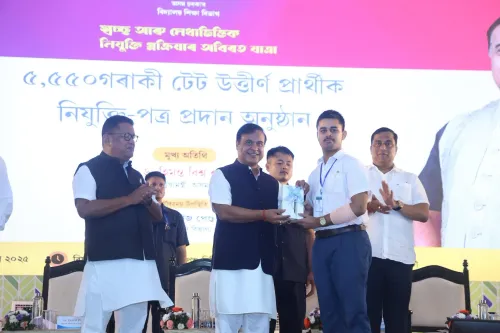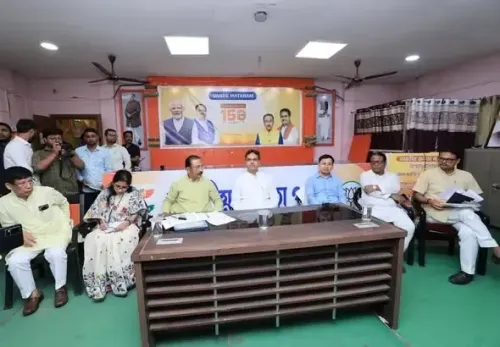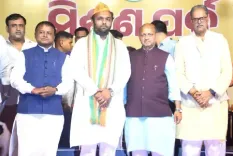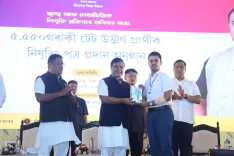How Will West Bengal Ensure Development Projects Progress Amid SIR?
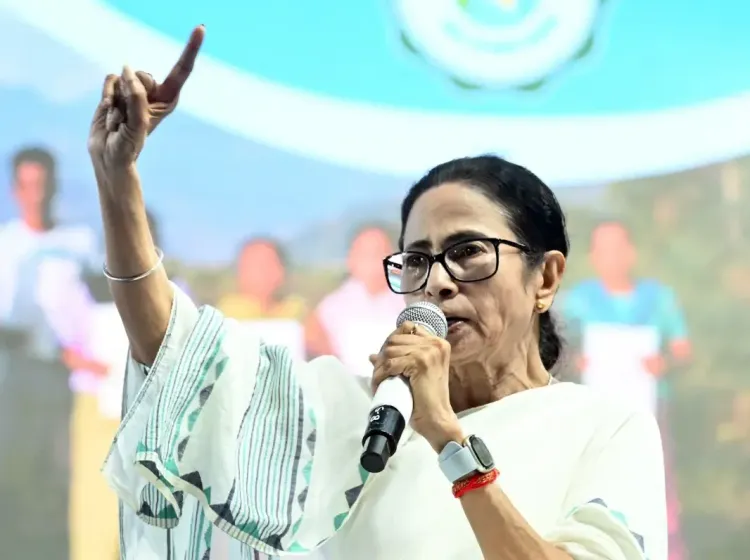
Synopsis
Key Takeaways
- District Magistrates play a dual role as electoral and administrative officers.
- State government emphasizes the need for continuous monitoring of development projects.
- Key projects include the 100-day job scheme, 'Banglar Bari', and 'Pathashree'.
- Special teams will assess the progress of these initiatives.
- District Magistrates face challenges balancing their responsibilities during SIR.
Kolkata, Nov 8 (NationPress) In light of the ongoing Special Intensive Revision (SIR) in West Bengal, the state government has directed District Magistrates to guarantee that the advancement of development projects is not obstructed due to the participation of state government personnel in the electoral commission's activities.
As the District Magistrates also serve as the District Electoral Officers, the government is concerned that their engagement with the SIR could result in insufficient oversight of the advancements in government development initiatives.
To address this, Chief Secretary Manoj Pant has issued guidelines urging District Magistrates to balance their electoral duties with their administrative responsibilities.
Additionally, District Magistrates have been particularly encouraged to monitor the progress of the 100-day job scheme under the Mahatma Gandhi National Rural Employment Guarantee Act, the state's housing initiative known as 'Banglar Bari', and the rural road development program 'Pathashree'.
The importance of ensuring land availability for the 'Pathashree' scheme and maintaining high-quality road construction standards has also been emphasized.
Furthermore, the state has opted to deploy special teams to the districts to assess the progress of these development schemes.
Political analysts perceive that these guidelines represent an indirect administrative pressure on District Magistrates, compelling them to prioritize state administrative duties alongside their SIR commitments.
This situation may place District Magistrates in a challenging position; neglecting SIR responsibilities due to state duties could provoke backlash from the Election Commission of India (ECI), while focusing too much on SIR might anger the state government.

